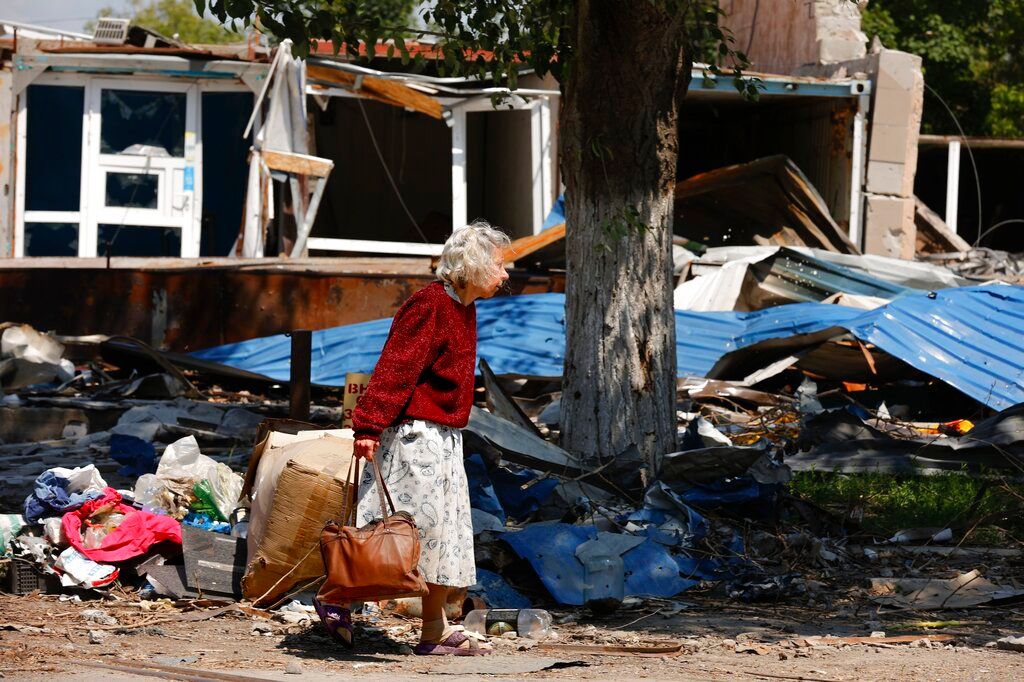Belarus, locked on
all sides by competing political processes, finds itself mired in the
Russia-Ukraine war. Surrounded by Russia in the north and northeast, Poland to
the west, Lithuania and Latvia to the northwest and Ukraine to the south, the
Alexander Lukashenko-led nation has actively sided with Moscow in Vladimir
Putin’s invasion of Ukraine. But that has placed the former Soviet partner at
odds with much of the West, which has had massive economic and political
consequences.
Trouble came to
Belarus when Moscow sent troops near the nation’s southern borders for a joint
military drill. Putin had promised that the troops will be back home in
February. Instead, on February 24, Moscow’s troops invaded Ukraine. Belarus has
since been regarded as a Russian ally, therefore snubbed by the West.
Also Read | Why world’s dependence on Russia oil may trigger a global recession
Belarus’
positioning with regard to the Russia-Ukraine crisis has attracted sanctions
from the European Union (EU), United States and the United Kingdom. The
sanctions on Belarus are nearly as severe as are on Russia. Although, it’s not
as if that the Russian invasion of Ukraine is the only reason why Lukashenko’s
government is attracting sanctions.
Also Read | In a bid to free themselves, Belarusians join Ukraine’s war against Russia
In 2020, Belarus
faced major sanctions because of Lukashenko’s crackdown on pro-democracy
protestors. In 2021, more sanctions came after Belarus diverted a Ryanair
flight to Minsk to arrest a Lukashenko critic. The United States has taken a
very strong position against Lukashenko and the sanctions have had a major impact
on the eastern European nation’s economy.
A brief
history of Belarus
Until 1991, that
is till the fall of the Soviet Union, Belarus was part of the socialist block.
After the fall, most former Soviet states veered towards the West. Belarus,
however, remained an exception. As the West’s North Atlantic Treaty Organization (NATO) sought to become more and more powerful in eastern Europe
by enlisting former Soviet states into its fold, Belarus stood with Russia.
Alexander
Lukashenko, who has led the country since 1994, has positioned Belarus as a
neutral nation amid several competing hegemonic forces. It has allied with the Russia
and even at times with the West depending upon its local needs. However, the
West’s view of Lukashenko as an authoritarian leader has brought him closer to
Vladimir Putin.
What Putin
expects of Lukashenko
Vladimir Putin has
been a staunch ally of the Lukashenko government. Things came to a turn in 2020,
when Lukashenko won a controversial election with 80% of the vote. Protests
erupted across the nation and the government took very strong steps to curb the
crisis.
However, the
protests soon turned too big for Lukashenko to contest. It was at that moment
that Vladimir Putin stepped in. The former KGB operative turned Russian
president said that Moscow’s army stood ready to intervene whenever necessary.
The magnitude of
the protests was such that Lukashenko actually feared of an ouster. Putin’s
words came as much-needed support. While Russia did not have to directly
intervene, Lukashenko went on a rampage arresting protestors left and right.
His government was also accused of human rights abuses.
What will
Belarus do
Belarus’ leader
says it will not get directly involved with the crisis. Russian forces, however,
continue to be present. Putin’s motive in attacking Ukraine was to extend
Moscow’s sphere of influence. In such an effort, Putin might also see Belarus
as a space that he seeks to bring under his comprehensive iron hands.
Meanwhile, foreign policy think tanks say, Lukashenko’s regime is fast losing
popular support.






